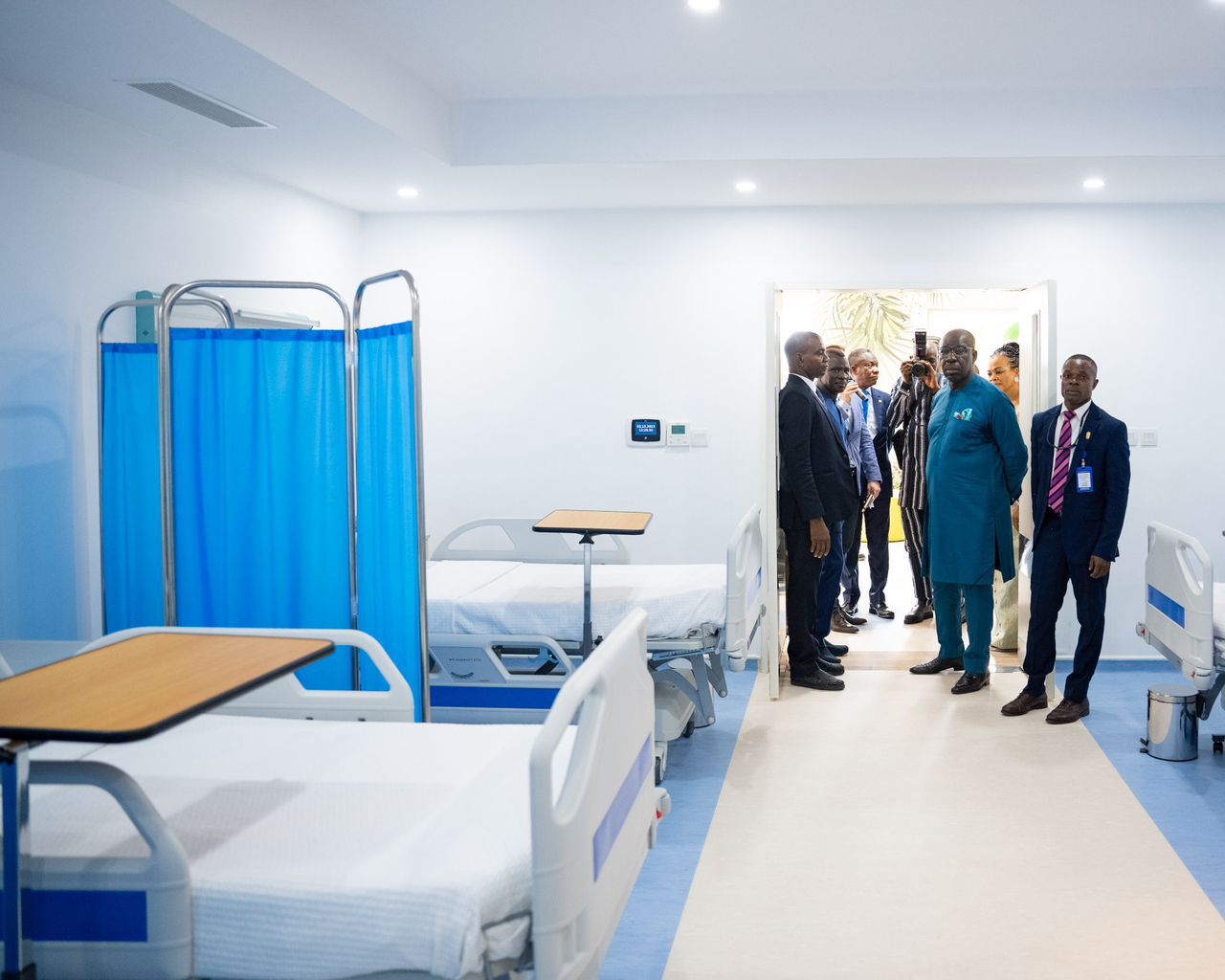Edo State Health Care Sector Reforms: A Model for Sustainable Healthcare Improvement

Edo State has implemented significant reforms in its healthcare sector under the leadership of Governor Godwin Obaseki. These reforms aim to improve the resilience of the health system and enhance responses to health crises and medical deliverables. One of the key focuses has been on primary and secondary healthcare, with efforts to strengthen infrastructure and workforce. The Edo State health sector is striking the right notes as the government and other critical stakeholders undertake various health sector reforms aimed at improving healthcare delivery.
The Edo State Health Improvement Program (EDOHIP) was launched in 2019 with a strategic plan to enhance primary healthcare, provide specialized care, ensure sustainable healthcare financing, and improve the education of the health workforce. As part of this program, 46 Primary Healthcare Centers were rehabilitated, 700 new healthcare workers were recruited, and 2100 workers were trained in core competencies. Additionally, the state has implemented electronic health records and established public-private partnerships to reduce drug stock-outs. Strengthening the primary healthcare system to make it the cornerstone of healthcare delivery, ensuring that basic health services are accessible to all residents. The primary health care system, which is the first of contact as a result of proximity to the people received very significant government presence in terms of infrastructural uplift, service providers, improved medical facilities and equipment, and better welfare packages.
In terms of secondary healthcare, the Edo Specialist Hospital and the new Stella Obasanjo Hospital have been established to provide specialized care and position Edo State as a regional hub for healthcare services, especially in the South-South. It is worthy of mention that upgrading and building new specialized healthcare facilities to ensure better access to quality healthcare services in the state is quite impressive. As of today, the Edo state secondary healthcare system can comfortably carry out some medical procedures that in the past seemed near impossible or difficult to attempt.
To address healthcare financing, the Edo State Health Insurance Scheme (EDOHIS) has been instrumental in insuring 250,000 residents, with a focus on vulnerable populations, thus significantly increasing population coverage. To achieve measurable impacts, the implementation of sustainable healthcare financing models ensures the immediate and direct availability of funds for healthcare services, including exploring health insurance schemes. Most significantly, this scheme is strategically pivoted to develop and sustain better access to healthcare services for state residents through community-based contributory programs. In a bold attempt at health care service inclusivity, the Obaseki led Government in December 2023 approved one billion naira for the provision of free health insurance for pensioners in the state to cater to the health needs of senior citizens.
Efforts in education and training include the rehabilitation and reopening of the Edo State College of Nursing and Midwifery and the College of Health Sciences and Technology, with over 960 students currently enrolled. The government initiated recruitments, training of healthcare providers in line with international best practices, and strategic retention initiatives of healthcare professionals to address shortages and improve health service delivery to residents of the state.
The integration of digital health technologies has created a comprehensive healthcare ecosystem, enabling efficient referral and claims processes and modernizing health records.
It must be explicitly stated that the Public-Private Partnerships intentionally geared towards ncouraging collaborations between the government and private sector to leverage resources and expertise for better healthcare outcomes is yielding the expected positive outcomes. Furthermore, the example, the Edo State Emergency Healthcare Services initiative, funded by an innovation grant from the French Government, aims to enhance emergency response capabilities and will be expanded statewide by the end of 2024. The Edo State Emergency Medical Services is an initiative that aims to provide fast and reliable emergency medical care to the state’s citizens, leveraging technology to ensure services reach even the most vulnerable residents of the state, starting in Benin City.
Despite challenges posed by the COVID-19 pandemic and economic downturns, Edo State has made significant progress in improving health outcomes, as recognized by the World Health Organization. The state continues to prioritize revitalizing health institutions, enacting relevant laws, and investing in infrastructure to create a patient-centric, integrated healthcare system. Edo State’s vision involves strategic partnerships and embracing technological advancements to set new standards in healthcare delivery in Nigeria.
To minimally reduce knotty healthcare and service bureaucracy, the government with relevant stakeholders are harnessing enhanced governance structures and accountability mechanisms to ensure that healthcare delivery is efficient and transparent. Anyone who seeks medical attention is attended to in the most transparent manner in line with international best practices. Where accountability and good governance structures are absent in the health sector, the entire effort may yield little or no result. For emphasis, the Obaseki-led administration continues to improve on the building blocks of all the health policies and reforms in terms of processes, financing, infrastructure, quality of service delivery, procedures, and technology.
“Healthy People, Wealthy Edo!”
Michael Osarunwese is a public health consultant and writes from Benin
link







